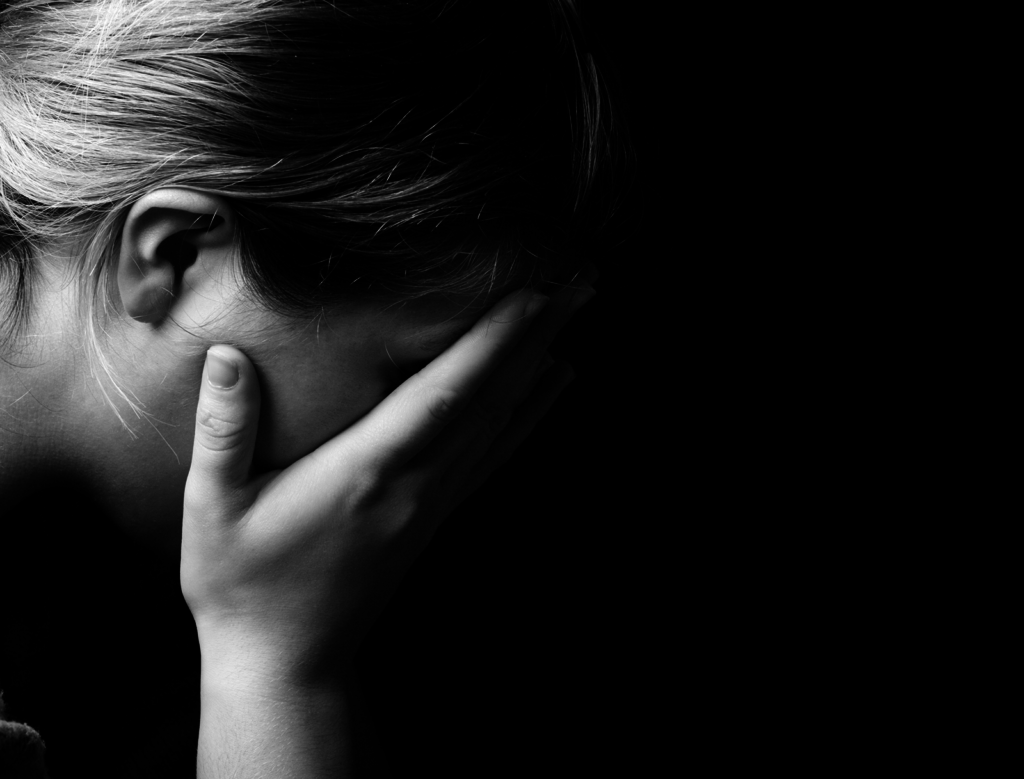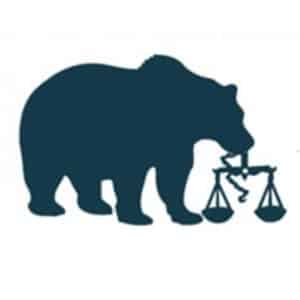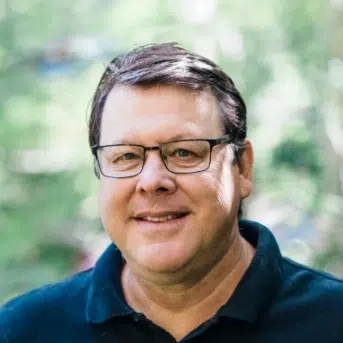|
Listen to this Article
|
April is National Sexual Assault Awareness Month. US government statistics tell us that more than 1 in 3 women and nearly 1 in 4 men have experienced sexual violence involving physical contact at some point in their lives. According to one study published by the National Institutes of Health, 76% of patients reporting to a sexual assault clinic were assaulted by a person known to the victim. An astonishing 21% of assailants were current or previous boyfriends or spouses. If you are in need of assistance, please scroll to the bottom of this blog for a list of resources.

The Center for Disease Control quite rightly lists sexual violence as a serious public health problem in the United States. As with other public health crises, prevention on the societal level is a long-range project. Raising awareness of sexual violence and promoting social norms that disallow indifference to violence is part of a prevention plan developed by the CDC. The plan also promotes protective norms that encourage action by interceding to take appropriate steps to safely and effectively intervene when people see behavior that puts others at risk.
Misconceptions about Sexual Assault
There are many misconceptions that swirl around the subject of sexual assault. We thought we would address a few of them. Misunderstanding about what constitutes sexual assault can put the onus on the survivor/victim therefore preventing them from seeking treatment and finding safety. Sexual violence impacts health in many ways and can lead to short and long-term physical and mental health problems. As with other forms of violence, racial/ethnic and sexual minority groups are disproportionately impacted by sexual violence.
Myth: Most sexual assaults are committed by strangers.
Fact: 8 out of 10 victims of sexual assault are assaulted by someone they know.
Myth: Most sexual assault occurs at night in dark alleys away from others.
Fact: Many sexual assaults occur during the day and often in the homes of the people involved.
Myth: sexual assault won’t happen to me or anyone I know.
Fact: Women, men and children of all ages, races, religions, and economic classes can be victims of sexual assault. Sexual assault occurs in rural areas, small towns and larger cities. According the US Department of Justice, a rape or attempted rape occurs every 5 minutes in the United States.
Myth: It is a man’s right to have sex with his wife or partner whenever he wants.
Fact: Forcing any woman to have sex or perform sexual acts when she does not want to is sexual assault.
Myth: Women who wear revealing clothes are asking to be sexually assaulted
Fact: No one asks or deserves to be sexually assaulted. Women dress to feel comfortable and attractive. Perpetrators are responsible for their own actions.
Myth: Men cannot be sexually assaulted.
Fact: While we found many different statistics about the number of men who were the victims of sexual assault, figures ranged from 1 in 4 to 1 in 6.
Myth: if a person goes to someone’s room/house, that person assumes the risk of sexual assault. If something happens later, that person can’t claim to have been assaulted.
Fact: This “assumption of risk” wrongfully places the responsibility of the offender’s actions on the victim. Even if a person went voluntarily to a private place and consented to engage in some sexual activity, that does not serve as a blanket consent for all sexual activity.
Myth: If someone is drinking or taking drugs they are asking to be sexually assaulted.
Fact: Being under the influence of alcohol or drugs can prevent a person from being able to consent to sexual acts with another person. Alcohol is not a cause of rape; it is only one of many tools that perpetrators use.
Myth: “No” can sometimes mean “yes”
Fact: No means no! Sex without real consent is a sexual assault.
Myth: If a person did not scream or fight or has no injury, it could not have been a sexual assault.
Fact: Any time someone is forced to have sex against their will, they have been sexually assaulted, regardless of whether or not they fought back.
Sexual assault is the least reported and convicted violent crime in the US. There are many reasons a victim might not report what happened including: concern for not being believed; fear of the attackers retaliating; embarrassment or shame; fear of being blamed; pressure from others not to tell; distrust of law enforcement; belief that there is not enough evidence; desire to protect the attacker.
Resources on Sexual Assault
RAINN (Rape, Abuse & Incest National Network) operates the National Sexual Assault Hotline: 800-656-HOPE, and the online hotline: https://hotline.rainn.org/online
National Domestic Violence Hotline: 1-800-799-7233
National Sexual Violence Resource Center maintains a Directory of Victim/Survivor Support Organizations https://www.nsvrc.org/organization
According to the Center for Disease Control and Prevention, lesbian, gay and bisexual people experience sexual violence at similar or higher rates than straight people. Here are some LGBTQ-friendly resources for victims of sexual assault:
Love is Respect: to engage, educate and empower young people to prevent and end abusive relationships. Hotline: 1-866-331-9474 or text LOVEIS to 22522
The Anti-Violence Project—responding to incidents of anti-LGBTQ violence in order to create systemic change in people’s lives. Hotline 212-714-1124
LGBT National Help Center: National Hotline : 1-888-843-4564; National Youth Talkline: 1-800-246-7743
FORGE—providing direct services to transgender, gender non-conforming and gender non-binary survivors of sexual assault. For referrals to local providers and service agencies: 414-559-2123 or askFORGE@forge-forward.org
The Network/La Red, a survivor led, social justice organization that works to end partner abuse in lesbian, gay, bisexual, transgender, SM, polyamorous, and queer communities. 24 hour hotline: 617-742-4911 or 800-832-1901 or tnlr.org.
For male survivors of abuse, 1in6 has the mission to help men who have had unwanted or abusive sexual experiences live healthier, happier lives. Their mission also includes serving family members, friends, partners and service providers. https://1in6.org/
A call to the National Sexual Assault Telephone Hotline: 800-656-4673 will connect you with a trained staff member from a sexual assault service provider in your area. RAINN (Rape, Abuse & Incest National Network)
Our law firm focuses on sexual harassment and discrimination issues. If you live or work in the San Francisco Bay Area, reach out to one of our sexual harassment or discrimination lawyers. With offices in Oakland, San Francisco, and Marin County, we offer both in-person and on-the-phone consultations.


